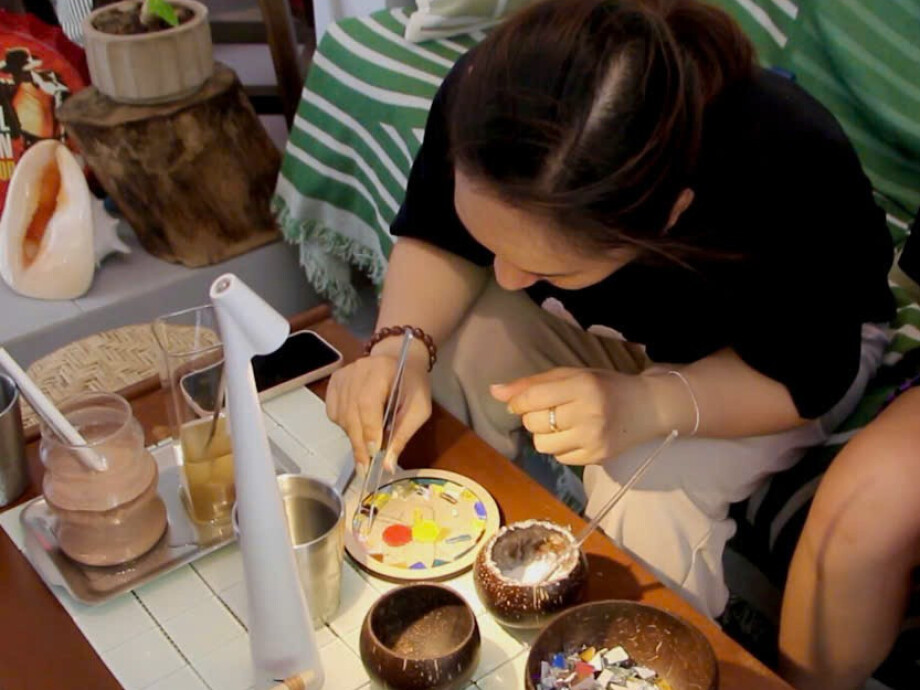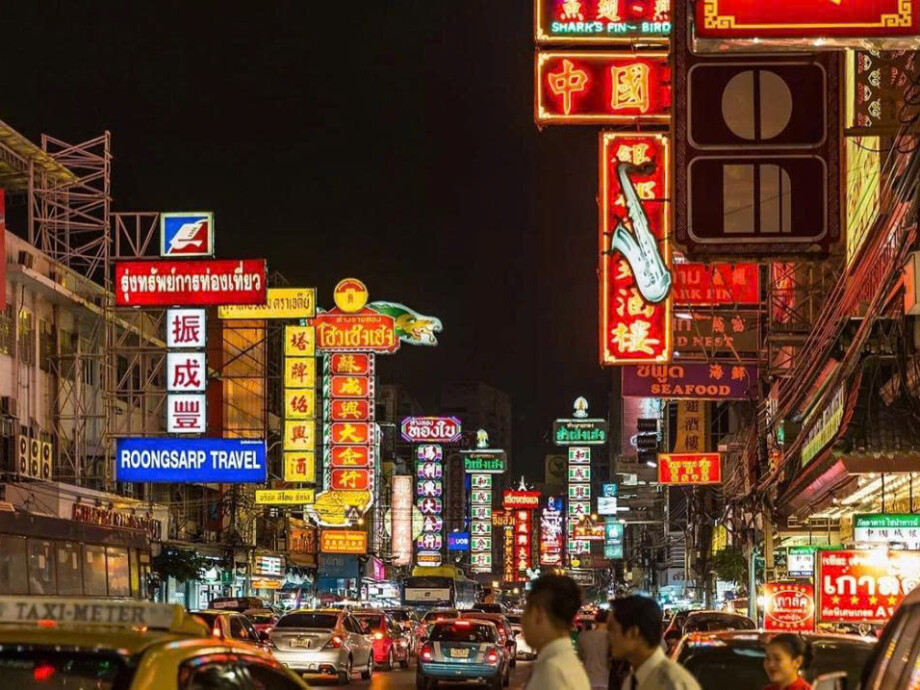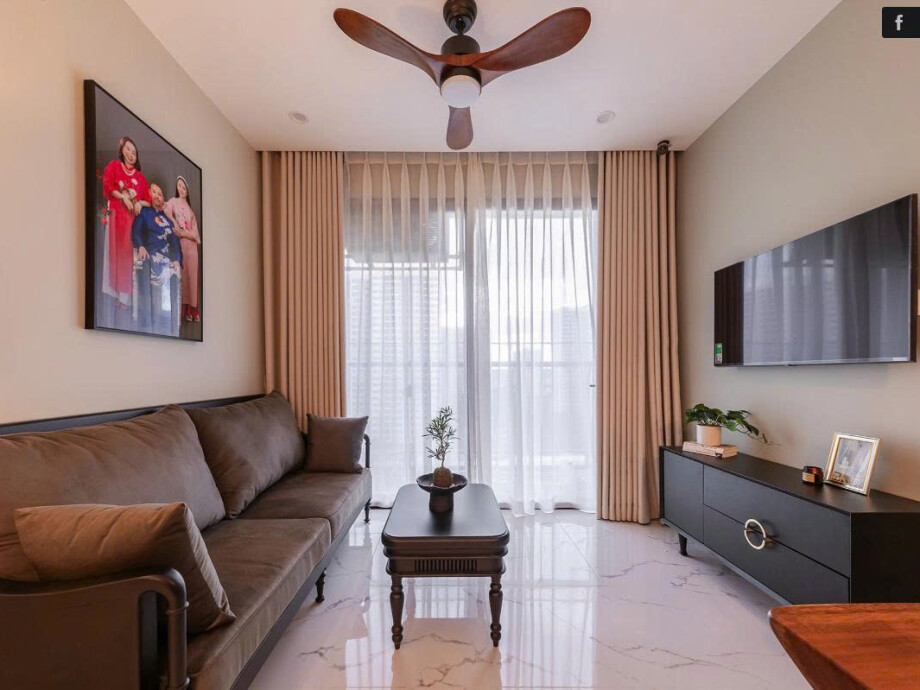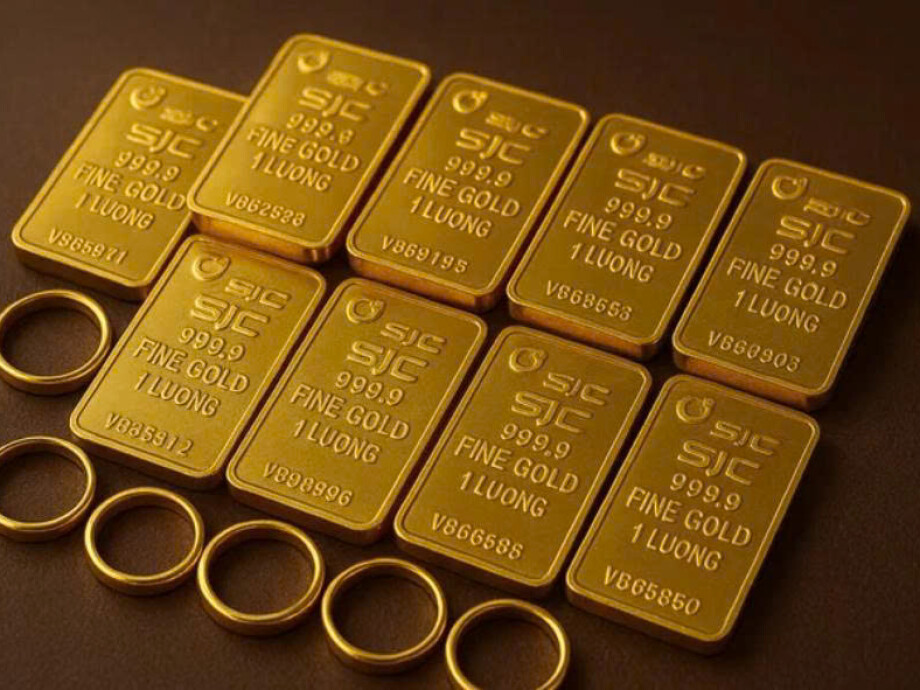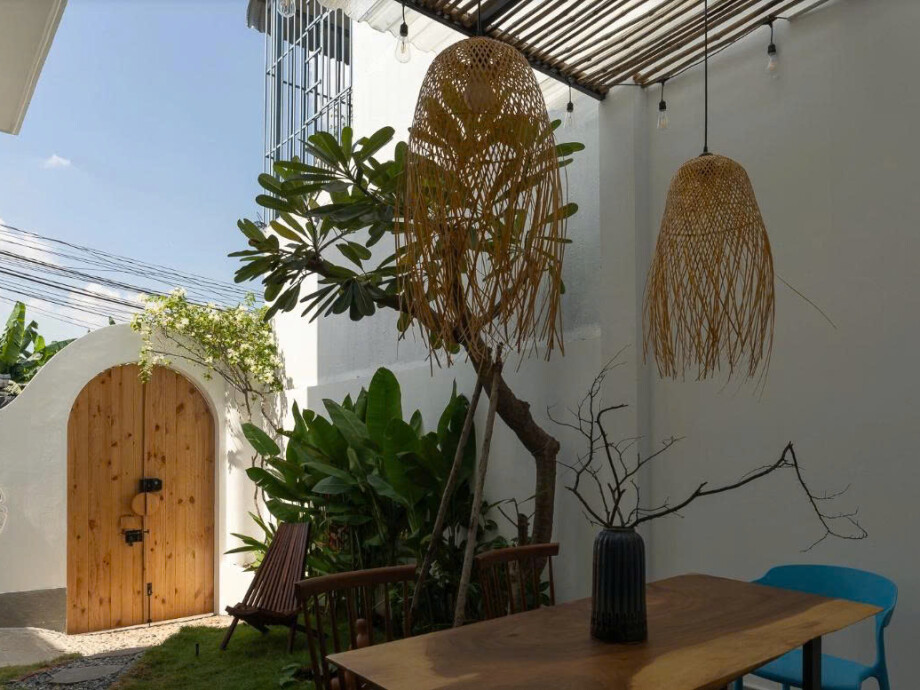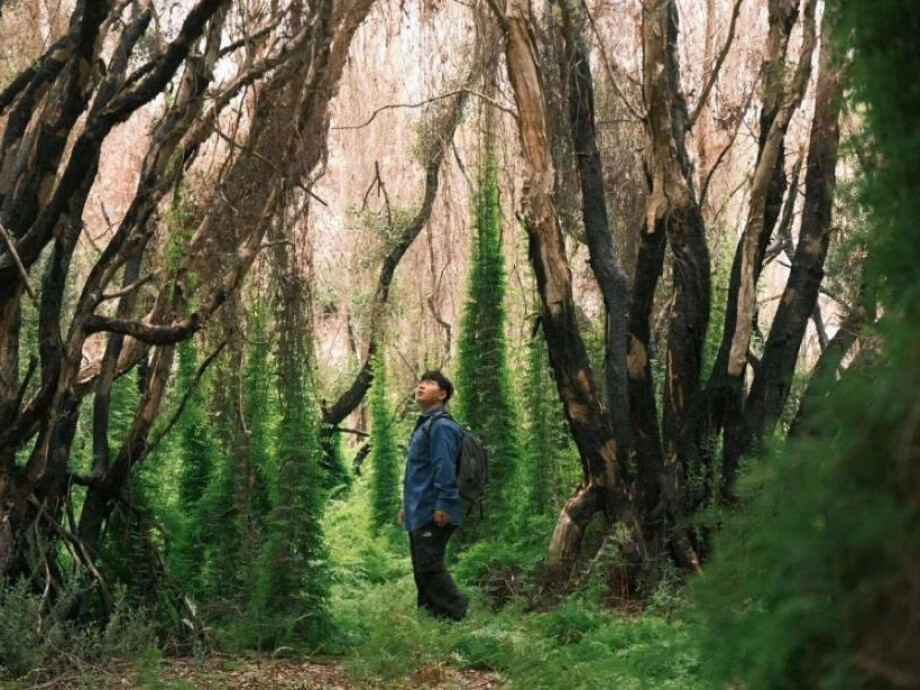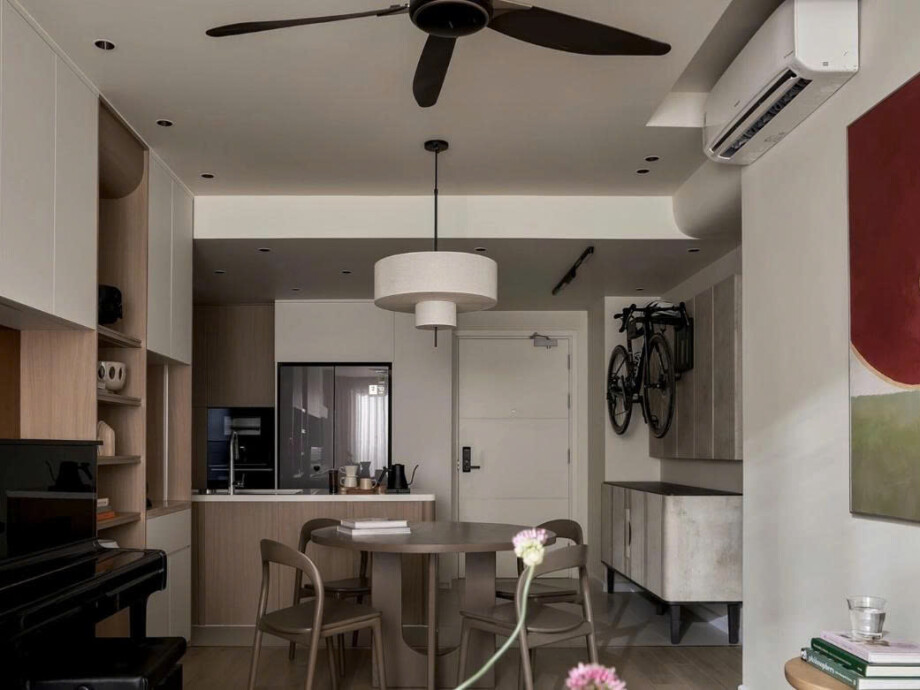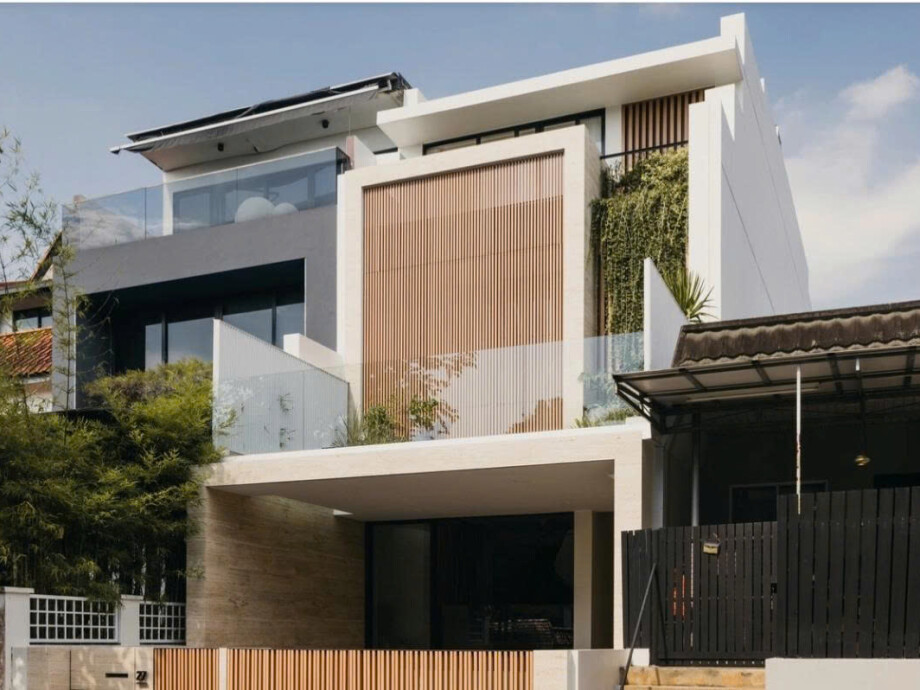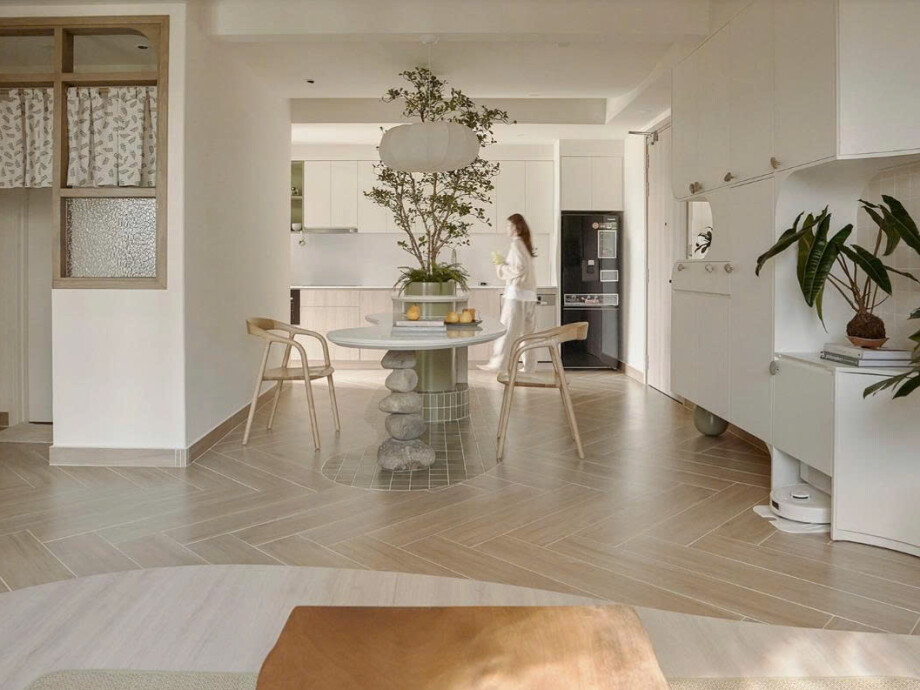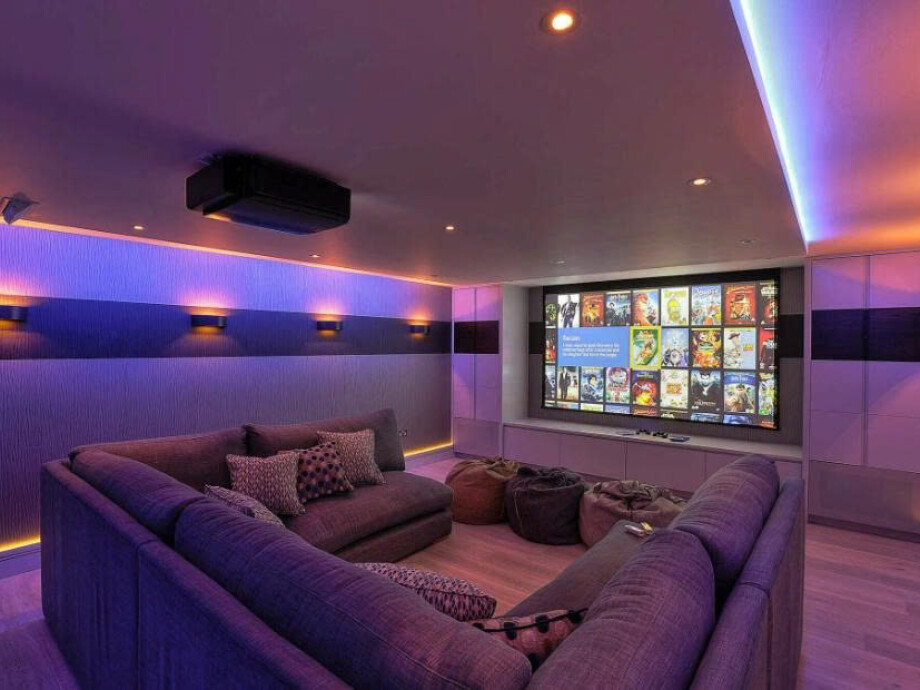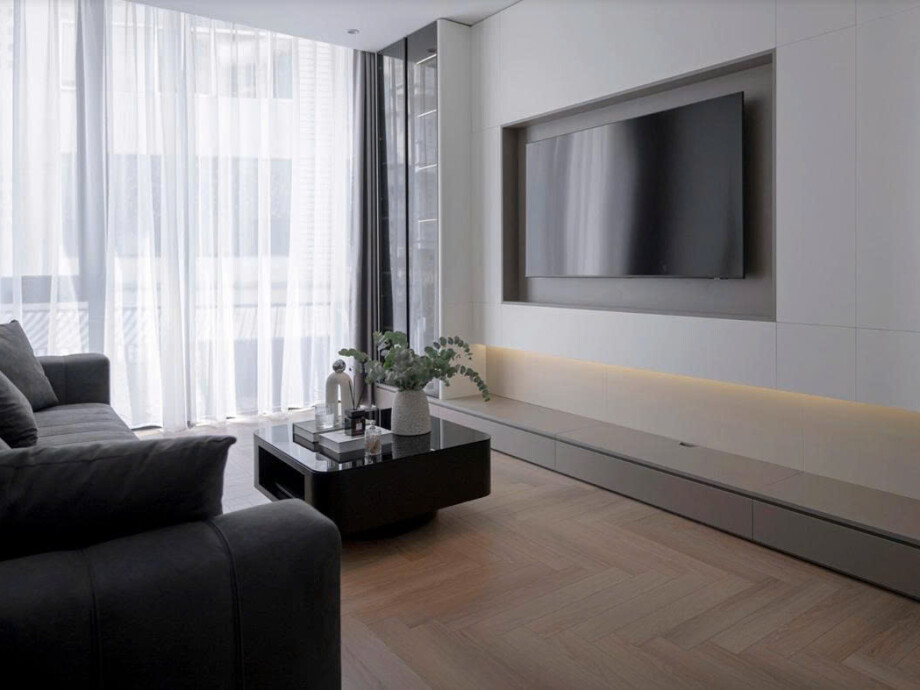'Healing' with Japanese mineral baths at home
Guide news
27/08/2024
Yumi Yamamoto, research director of LongeviQuest, an organization that verifies the ages of the world's oldest people, cites four secrets to the longevity of Japanese people: eating until 80% full, working moderately, and exercising diligently.
Many elderly Japanese people have the habit of going to the gym every day, where they can practice Tai Chi, jog, or soak in hot mineral pools. Among them, mineral baths, also known as osen, are a traditional health therapy that originated decades ago.
Scientists have studied the use of bath therapy in mineral-rich waters. Bath therapy, especially in Japan and Europe, has been used as a natural medicine and preventive therapy for centuries.
For example, the "healing" waters of the Dead Sea, researchers believe that there is a link between treatment with Dead Sea water and improvements in skin and bone and joint diseases. Natural hot springs in Japan are good for treating arthritis, fibromyalgia, skin diseases such as psoriasis, eczema, high blood pressure...
Experts say you can recreate the experience of bathing in Japanese hot springs right at home, to improve your physical and mental health. This is also a trend that many rich people in the world have been pursuing in recent years, when looking for a place to live with hot springs or building giant hot spring baths right at home. Using artificial hot springs at home can handle problems such as removing harmful impurities, and can adjust the temperature and ingredients to suit each person's therapeutic needs.
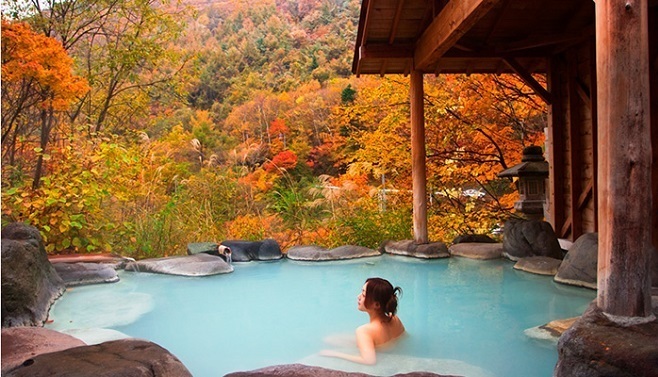
Japanese people treat their health with hot baths. Photo: Go-nagano
Cleansing
When you go to a hot spring in Japan, it is a communal experience. You will almost always be bathing with others of the same sex. Therefore, it is important that each person cleanses themselves before entering the hot spring to keep the shared water clean.
Begin your bathing ritual at home as you would at a hot spring by washing thoroughly. You might consider purchasing a simple wooden stool, like those you would find in the bathing areas of Japanese bathhouses, to sit on while you cleanse. You can also use a natural exfoliant to remove dead skin cells and prepare your skin to absorb all the nutrients from the bath.
Fill the tub with hot water
After you have cleansed, fill your tub with hot, very hot water. The temperature of the hot spring is high enough to boil an egg. Bathhouses regulate the water temperature to around 100 degrees Fahrenheit. You can raise the temperature a little higher than you're used to (but be careful not to burn yourself) for a more authentic experience.
Dissolve bath salts in the water
Japanese hot springs are rich in minerals, which are beneficial for your skin and health. Your local tap water may not have the same effect.
"Minerals are an essential part of hot spring baths," says bath expert Colin Fukai. "Small packets of bath salts can be purchased online and used in each bath to recreate the natural spring water in Japan."
Burn incense
Going to a hot spring is a special experience. To recreate it at home, you need to pay attention to the details of the space, and burning incense can help create the right atmosphere, says Fukai. Choose delicate Japanese incense rather than the smoky incense sticks at your local store. Choose a scent that will help you relax completely.
Soak
You’ve dissolved the minerals into the bathwater and created a peaceful atmosphere. There’s nothing left to do but sink into the tub and soak. Spend about 15 to 20 minutes relaxing in the mineral water, enough to relax your muscles, but not so long that you feel tired from the heat. Fukai suggests using a yuoke (traditional Japanese wooden bath bucket) to pour water over your head and shoulders. The bucket will release a light cypress scent when wet.
Rinse and wrap a towel around your body
After your bath, rinse your body. No need to use soap if you want to keep most of the minerals on your skin. At a Japanese hot spring, you’ll dry yourself off with a traditional cotton hand towel called a tenugui.
“When in a public hot spring, a handkerchief can be used for modesty, or to dry off between baths. At home, it can be used to provide a comfortable neck rest,” says Fukai.
Since you’re in your own home, dry off with a soft, natural-fiber towel. Complete the experience by slipping into a yukata (light cotton kimono) and relaxing for the evening.
Thu Hiền (Forbes, DW)
Get the latest information !
Receive the latest market information sent via email week
Featured news
Articles on the same topic
Mỗi món đồ nội thất đều có chủ địch rõ ràng, nhờ đó không gian sinh hoạt chung và riêng giữ được khoảng "thở", cân bằng và thoáng đãng.
18.08.2025
Mỗi bước di chuyển giữa các không gian nội thất, gia chủ đều cảm nhận được khung cảnh ngập tràn ánh sáng và mảng xanh.
14.08.2025
Khu rừng tràm và dương xỉ ở xã Cam Lâm hút giới trẻ nhờ khung cảnh thơ mộng, xanh mát như bước ra từ truyện cổ tích.
14.08.2025
Chiếc xe đạp được treo ngay cửa vào, thể hiện cá tính chủ nhân, phía dưới là tủ giày được thiết kế cùng chất liệu thô mộc.
14.08.2025
Hệ cửa và giếng trời đa dạng cho phép ánh sáng đi vào không gian trong nhà, biến các bề mặt thành những bức tranh.
11.08.2025
Viện Kinh tế tài nguyên và môi trường TP HCM kiến nghị cho doanh nghiệp tự khai, tự nộp tiền sử dụng đất nhằm rút ngắn thủ tục, giảm nợ đọng và thúc đẩy hoạt động đầu tư.
11.08.2025
Màu sắc và không gian nội thất được thiết kế trên ý tưởng ly matcha latte nhiều sữa, tạo cảm giác thư giãn cho gia chủ sau một ngày dài.
01.08.2025
Khi đầu tư 50 triệu cho phòng karaoke, Minh Quân nghĩ sẽ là nơi giải trí thường xuyên cho cả nhà chứ không ngờ nó lại thành phòng chứa đồ đạc thừa.
31.07.2025
Căn hộ thể hiện xu hướng thiết kế hướng đến cá nhân hóa, giúp nâng cao chất lượng sống thay vì chỉ tạo hiệu ứng thị giác.
30.07.2025
Mỗi không gian chức năng của căn nhà được cải tạo theo hướng tối giản, đầy đủ tiện nghi hiện đại nhưng vẫn đảm bảo gọn gàng.
23.07.2025

Typical projects
50-70 million/m2
50-70 million/m2
48 triệu/ m2
50-70 million/m2
50-70 million/m2









